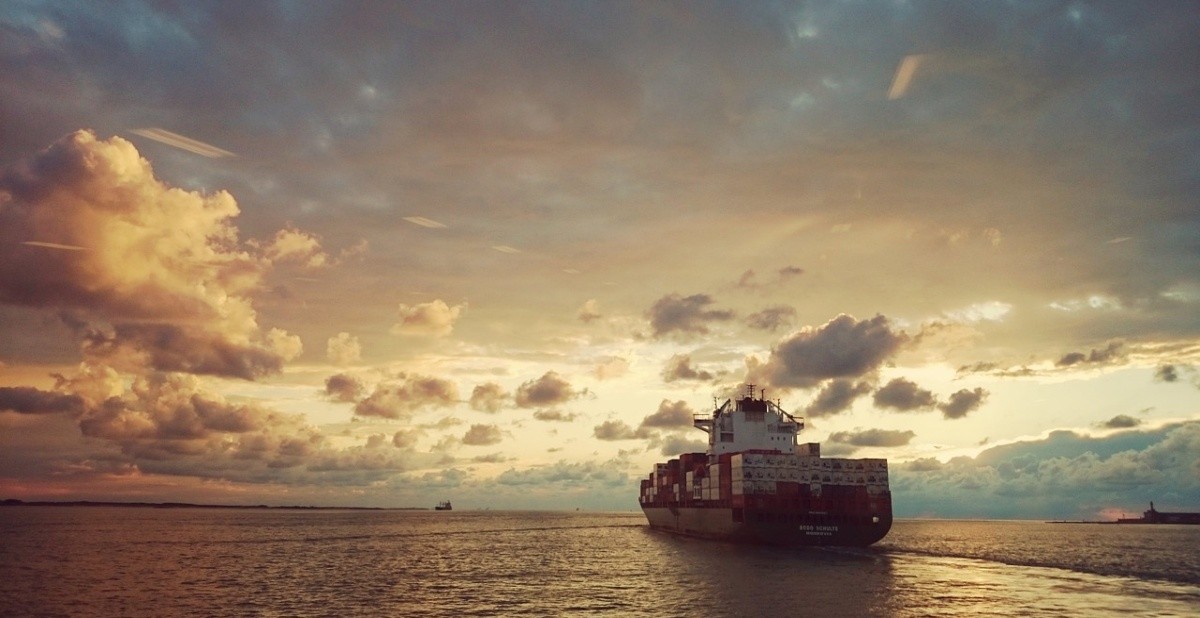Jump on the sanctions ‘cart’ or get left behind

With China increasing its policing role of shipping, operators need to better understand sanctions risks
By Carly Fields
The geopolitical impact on restricting certain cargoes, ships, and nationalities through sanctions is a challenge and one that is not going away.
Speaking at an Ince hosted London International Shipping Week seminar, Capt Michael P Elwert, senior maritime industry advisor and former COO V.Ships Global Ship Management, said that shipping naturally prefers fair competition, with no restrictions and equal terms. “But that is not the case. We are up against restrictions, so we need to be flexible and agile and manage that risk.”
One of the main problems is the patchwork quilt of sanctions and different enforcement methods and levels internationally. Mark Church, director (FD&D) and head of sustainability at North group, listed the three main challenges currently influencing sanctions: Biden and the impact of the new Administration; China; and Brexit. “One of the real challenges is that shipowners want to trade freely. And if they can’t they want certainty on where they can trade. Even if foreign policy goals are aligned, the detail of sanctions is different. It’s a bit of a mess,” he said.
While the US and Europe look set to continue their policing roles of shipping in the future, China is increasingly making its presence felt on that front. Paul Ho, head of greater China, partner and chief representative at Ince, pointed to China’s anti-foreign statute, issued in June, as evidence of the Chinese taking a more proactive role in the sanctions field. “It will be interesting to see the operating practice moving forward,” he said.
It will be interesting to see the operating practice moving forward
OFAC’s presence
Regarding the US, all eyes rest on the US Treasury’s Office of Foreign Assets Control, or OFAC, which administers and enforces economic and trade sanctions in support of US national security and foreign policy objectives.
Bruce Paulsen, partner and co-chair litigation at Seward & Kissel LLP, based in New York, explained that the intention of US sanction laws is to have serious consequences for a breach - which makes compliance so important. “The risk of sanctions can be devastating,” he said. “OFAC has focused on shipping like a laser since 2010. Since then, over time, OFAC has developed a system of guidance to shipping companies.” Paulsen noted that OFAC is a “reasonably user-friendly” agency: “They will engage and you can work with them.”
Church agreed that the industry’s engagement with the US has improved over the past three to five years and added that he is “cautiously optimistic” that although things are difficult now, when new sanctions come in the industry will understand them a bit better. “It’s important not to just think that everything is just going to get worse. If we can be optimistic about anything, we can take that forward,” he said.
While the world watched with interest the change of the US Administration, the bottom line is that sanction laws have bipartisan support, said Paulsen. “We haven’t seen a serious rollback in any one of the regimes. For now, we’re going to see OFAC policing the world from a sanctions point of view.”
We haven’t seen a serious rollback in any one of the regimes
Freight rate mover
Sanctions have proved to be good news for freight rates in the past, but that may not hold true for the future. Peter Sand, chief shipping analyst at BIMCO, noted that tankers are the classroom example of geopolitics beneficially effecting freight rates. “Every time geopolitics puts its finger into the world of shipping, it benefits freight rates,” he said. But Steven Davies, CEO of Anglo International Shipping, raised the issue of a new and evolving area of geopolitical risk that is driving the environmental, social and governance agenda: socioeconomic risk. “These underlying social drivers may not be so positive for freight rates,” he warned.
Ship operators looking to proactively address sanctions risks must undertake due diligence. Davies said that his firm turns to trade bodies such as BIMCO for contract support. “With a relatively small team it is impossible for us to look through all the layers. For us the levels of governance and due diligence we need to demonstrate are the top levels.”
Ami Daniel, CEO and co-founder of Windward, advised shipping companies to always be proactive and take a rationalistic approach to what you should be dealing with. “Think of sanctions as a normal risk and know your credit risk rating,” he said.
Paulsen added that this all turns on compliance: “If you don’t have a compliance programme, you need one. It has to be the tone from the top.”
Sanctions – and sanctions breaches – are here to stay in shipping and as Davies pointed out the policing and enforcing of these issues will only become stronger and continue to develop. However, this does not need to be a negative factor, he said. “I find it disappointing that I hear disparaging comments on sanctions. They are there for good reason, we should respect that they are in force.”
And the drivers of change for shipping are only going to increase - with public opinion a key factor in promoting sanctions use in the future. We do get a lot of questions and due diligence from our banks and investors – a top-down view of compliance – but I expect more questions from the bottom up in the future,” Davies said. “This is going to go more and more; either you jump on the cart or you get left behind,” Daniel added.
And the impact of getting it wrong can be catastrophic. As Church concluded, sanctions is “one of the few risks that is business ending”.